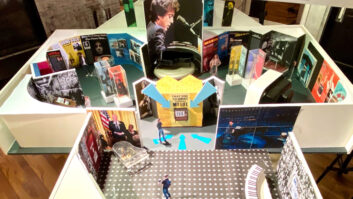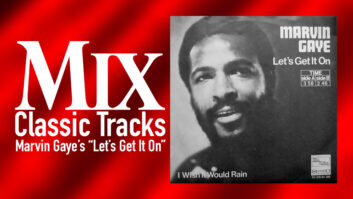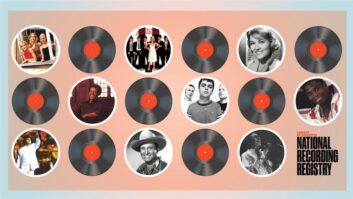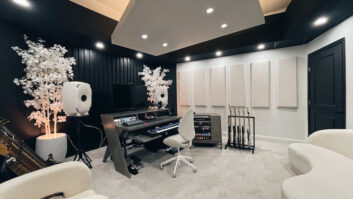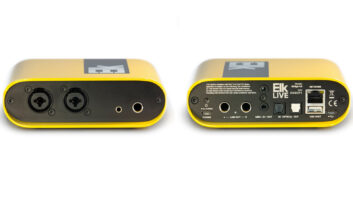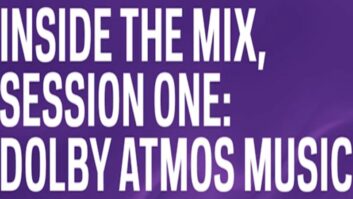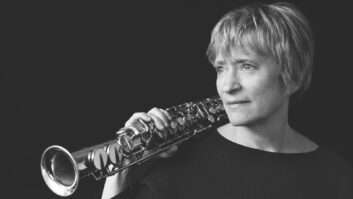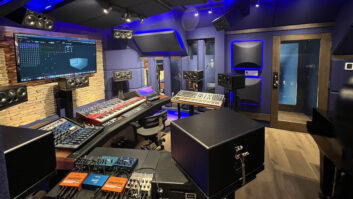Machine
Pounding out its unique, wide-ranging brand of heavy rock since the early Nineties, Clutch went into the studio in early 2015 with producer/engineer Machine (Lamb of God, Every Time I Die)—a move that resulted in its latest album, Psychic Warfare. While the band had worked with the producer on earlier records (Blast Tyrant, Pure Rock Fury and Earth Rocker), it was a brand-new recording experience, as his Machine Shop Recording Studios had recently relocated from New Jersey to Dripping Springs, Texas, 25 miles outside of Austin.

The group shot a cool mini-documentary about the album’s production process (below) where you get to see the psychological aspects of Machine working, equal parts critic and cheerleader. But it doesn’t get into the tech side of how the album’s sound was achieved, so we got the scoop directly from the man himself.
Recording the Philip K. Dick-influenced album found the band tracking through a custom-built 1973 Amek console. “This was built two years before they even mass-produced consoles,” Machine told PSN. “It is all transformer-based preamps, which happen to be my favorite—they’re punchy and give a nice natural compression. I also used outboard pres such as API 3124, Neve 1073, Chandler TG2, Aurora Audio GTQ2, and Focusrite 110.”

Working with fellow engineer Alberto de Icaza and assistant engineer Jeff Henson, Machine recorded everything to Apple Logic Pro, but noted that the mix was ultimately a hybrid between using Logic and analog compression, EQ and summing. “I mix out of 12 stereo stems,” he explained. “They divide themselves between pairs of [Universal Audio] LA-3As, LA-2As, [Empirical Labs] Distressors and dbx 163x, then it’s all summed into a Dangerous 2-Bus summing mixer and a Alan Smart [Smart Research] C2 Compressor with a Kush Clariphonic for my mix bus.”
Getting that mix just perfect, of course, requires careful listening. For that, he employs some industry-standards: “I use Yamaha NS-10s to dial tones, and still to date, they are very revealing to me. I also like my Auratone Mix Cubes for balancing level—they are great when it comes to the battle of the mids. I use old KRK self-powered K-Roks to reference my low end; these speakers were made to crank them and feel your mix. I like to check my mix as well on Sennheiser HD 600 headphones. They are extremely clear and give me a great picture of how instruments talk to each other. They are open-backed so you don’t get the boominess of closed headphones; it’s almost like being back in Bob Ludwig’s mastering studio.”
Clutch’s Psychic Warfare on Amazon
http://amzn.to/1YPjcPx
